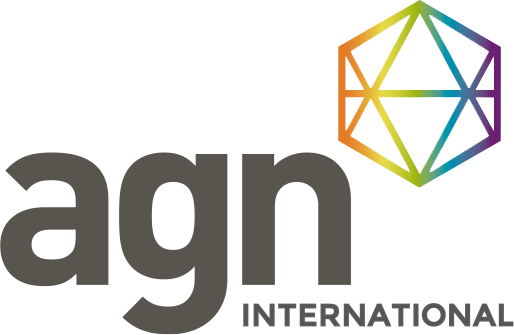Internal controls are like these simple security measures, but for your business finances. They help prevent fraud, detect mistakes, and ensure everything runs smoothly.
Many business owners assume that fraud or financial mismanagement won’t happen to them. But even well-run companies can experience errors, theft, or inefficiencies if proper controls aren’t in place. That’s why strong internal controls are essential—not just for preventing fraud but for creating a well-organized and financially sound company.


